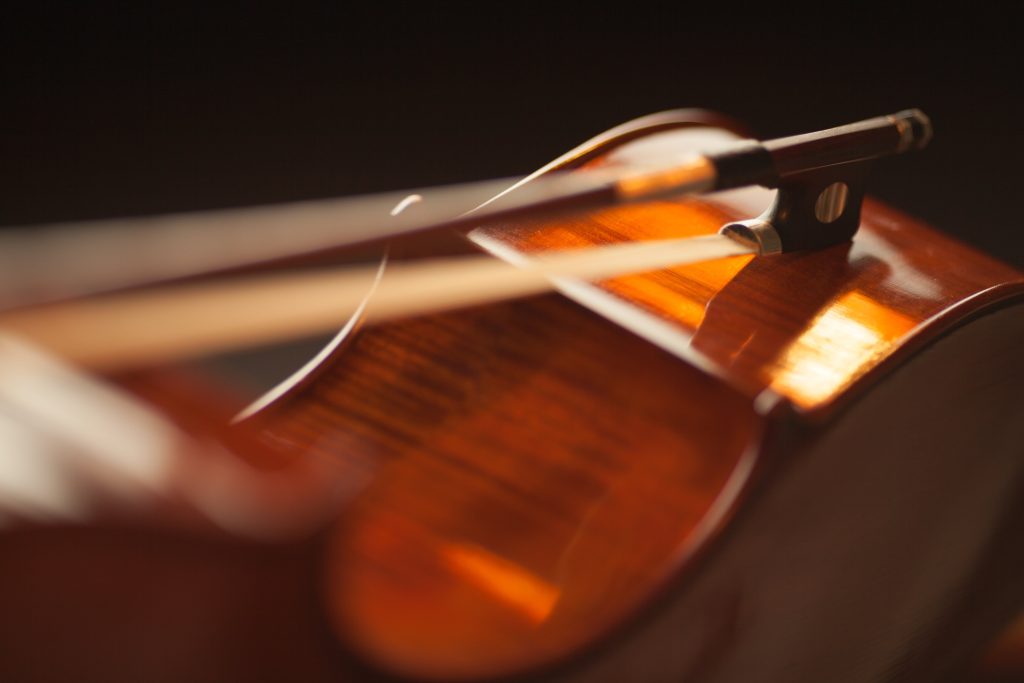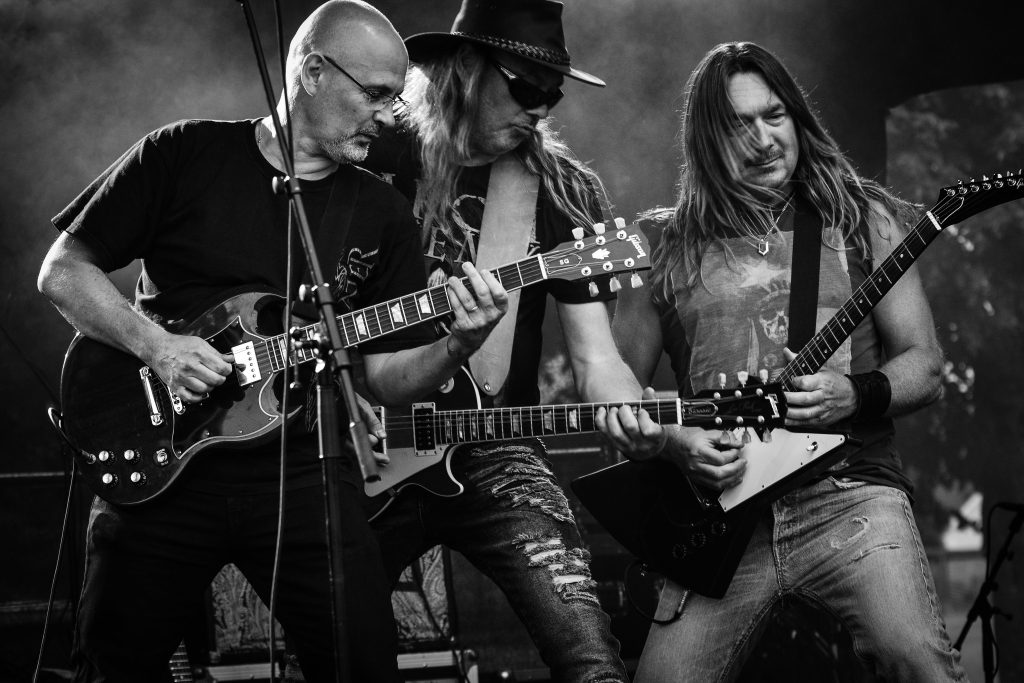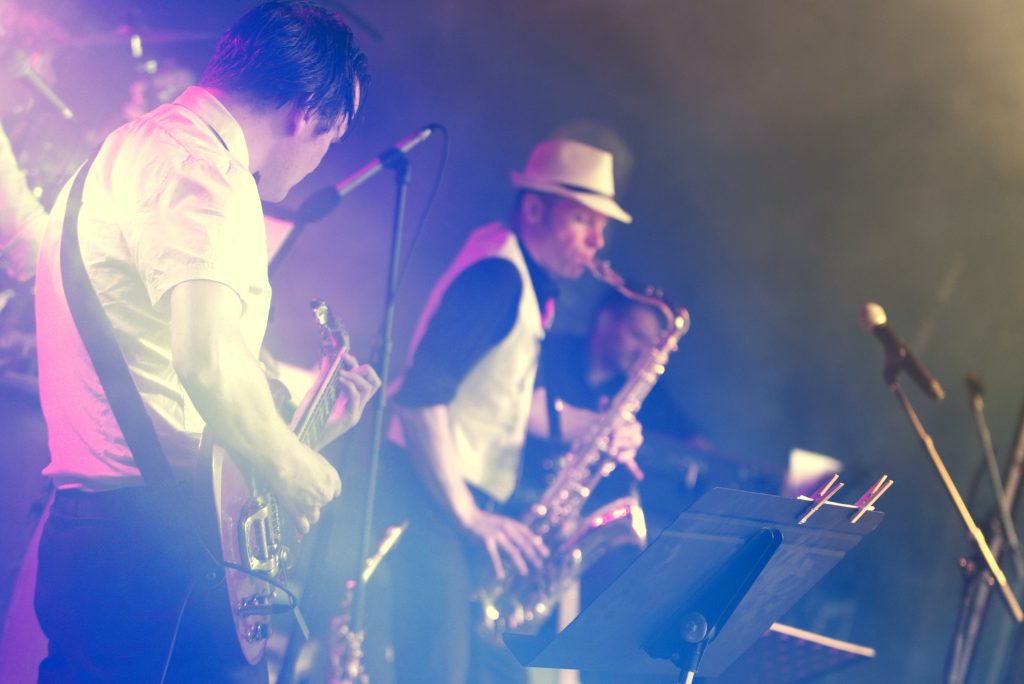
Music is a universal language that has the power to evoke emotions, shape culture, and bring people together. Over the centuries, music has evolved and transformed, giving rise to a vast array of genres that cater to diverse tastes and preferences. From the classical compositions of Mozart to the contemporary beats of hip-hop, the evolution of music genres reflects the ever-changing nature of society and the constant quest for unique artistic expression.
we will explore the evolution of music genres , tracing their origins, examining their characteristics, and highlighting significant milestones in their development
- Classical Music
- Jazz
- Rock and Roll
- Pop
- Hip-Hop
- Electronic Dance Music (EDM)
- Contemporary and Fusion Genres

Classical music is the foundation of Western music and dates back to the medieval period. It encompasses the works of renowned composers such as Bach, Mozart, and Beethoven. Characterized by its complex compositions, orchestral arrangements, and emphasis on technical skill, classical music is known for its precision and attention to detail.
Throughout the centuries, classical music has evolved from the Baroque period to the Classical period and finally to the Romantic period, with each era introducing new musical techniques and styles. The symphony, concerto, sonata, and opera are just a few of the prominent forms associated with classical music.

Originating from African American communities in the late 19th and early 20th centuries, jazz is a genre that embodies improvisation, syncopation, and expressive melodies. With its roots in ragtime and blues, jazz became a cultural phenomenon and a symbol of African American identity.
Jazz has given birth to various subgenres, including swing, bebop, cool jazz, and fusion. Artists like Louis Armstrong, Duke Ellington, and Miles Davis have greatly contributed to the evolution of jazz and its enduring popularity.

Emerging in the 1950s as a fusion of rhythm and blues, country, and gospel music, rock and roll revolutionized the music industry and youth culture. With its energetic rhythms, electric guitars, and rebellious spirit, rock and roll challenged societal norms and gave a voice to a new generation.
From the pioneering sounds of Elvis Presley and Chuck Berry to the British invasion bands like The Beatles and The Rolling Stones, rock and roll has continued to evolve and diversify into subgenres like punk, grunge, and alternative rock.

Pop music, short for popular music, is a genre that encompasses catchy melodies, relatable lyrics, and a broad appeal to mainstream audiences. It emerged in the 1950s and gained prominence with the rise of radio and television. Pop music is characterized by its emphasis on hooks, memorable choruses, and a blend of various musical styles.
Over the years, pop music has evolved to incorporate elements of electronic music, hip-hop, and R&B. Artists like Michael Jackson, Madonna, and Beyoncé have spearheaded the evolution of pop and shaped its contemporary sound.

Rooted in African American and Latinx communities in the 1970s, hip-hop emerged as a form of artistic expression that combined rap, DJing, breakdancing, and graffiti art. With its raw and socially conscious lyrics, hip-hop became a powerful tool for marginalized communities to voice their experiences and address social and political issues.

Electronic Dance Music, or EDM, is a genre that emerged in the late 20th century with the advent of electronic instruments and technology. Known for its infectious beats, pulsating synths, and energetic atmosphere, EDM has become synonymous with club culture and music festivals.
In the contemporary music landscape, genres continue to evolve and fuse together, creating unique and eclectic sounds. Artists often draw inspiration from multiple genres, resulting in hybrid genres like indie rock, neo-soul, and country-pop. This cross-pollination of styles reflects the interconnectedness of modern society and the fluidity of musical expression.
Notable artists like Billie Eilish, Anderson .Paak, and Kacey Musgraves have embraced this fusion of genres, showcasing the diversity and innovation present in contemporary music


